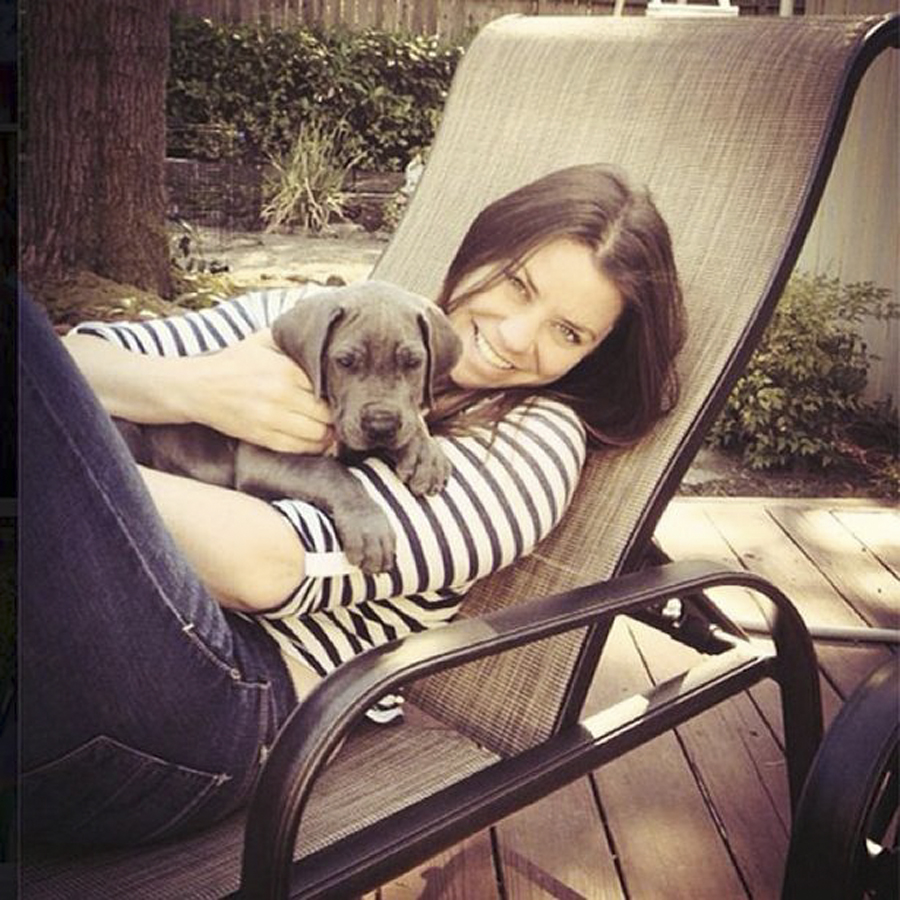
The death of Brittany Maynard at the beginning of this month, and her actions leading up to it, have sparked a debate on an individual’s right to die. The right-to-die movement argues that you should have the right to choose how you die, especially in the face of terminal illness, thus fighting against the stigma of suicide in such scenarios. Maynard was diagnosed in January with tumorous brain cancer; in April, her doctors gave her a six-month prognosis. Rather than go through intensive surgeries and a full brain radiation with severe side effects that may not have worked anyway, Maynard advocated for death with dignity laws, and her family moved to Oregon, one of five states where it is legal for doctors to offer assisted suicides through medication. Maynard took the lethal medication on Nov. 1.
Was it wrong for Brittany Maynard to take her own life in the face of a debilitating cancer that was in the process of killing her anyway, and causing immense amounts of pain? As long as her family was okay with it, no, I don’t believe so. As long as there was absolutely no chance of her beating the odds and surviving the cancerous tumor in her brain, I think she made a sensible decision. Would I make that decision myself? I doubt it, but then again, I’ve never experienced that much physical pain.
What actually troubles me about this whole situation is the underlying message. Maynard moved to Oregon because of its Death With Dignity Act. Think about that title. What does it mean, death with dignity? According to the website deathwithdignity.org, “The greatest human freedom is to live, and die, according to one’s own desires and beliefs.” This is a fine ideal, to be sure, but it completely ignores the grim reality of death: You can’t control it, and often you don’t get a say in it. The right-to-die movement wants to say otherwise, and focuses on death from old age and terminal illness, which are more or less predictable. However, this ignores the chaos and unpredictability that surround us each and every day. This ignores the fact that natural death is not the only way to go, but it implies that it’s the only dignified way to go. That implication concerns me greatly.
A day or so after her death, CNN published a story by Maynard, explaining her reasoning behind her decision. In that story, she describes the side effects of full brain radiation: “The hair on my scalp would have been singed off. My scalp would be left covered with first-degree burns.” That sounds horrible, and I personally don’t blame her for deciding not to go through with that. However, the position taken by her supporters is that she maintained her dignity through death — so what does that say about others who would have tried the procedures anyway? Maynard later describes what the brain tumor and pain-killers would potentially do to her: “personality changes and verbal, cognitive and motor loss of virtually any kind.” Basically, various symptoms of mental illness. Would anyone dare say there’s no dignity in mental illness? No … unless you’re talking about dying.
And that’s ultimately the thing that turns me against this whole concept: This implicit idea that the natural degradation and malfunctioning of the human body is so embarrassing and frightening that it needs to be avoided at all costs. This idea that we have a right to avoid pain and suffering. This idea that death is preferable to dying. This idea that we can have some control over it. That’s not the right message to send to people. Everyone has different sources of pain, different sources of suffering and everyone has different levels of tolerance for that. We need to help each other as individuals, and recognize that everyone has different journeys ahead of them. We should not take one person’s decision to cut that journey short and use it to imply that there is no dignity in taking the journey, nor should we imply the opposite.
The fact is, life is too chaotic, and you just don’t know what the future holds. Maynard was suffering a lot of pain at the end, which is why she took the medication. As long as she had her family’s support, I don’t condemn her for that. However, I strongly disagree with the message that’s been coming out of that decision. In the end, the sad irony is the timing. The doctors gave her a six-month prognosis in April. She outlived their prognosis.








